Swedish Family Medicine Residency at Cherry Hill
Our Mission
Established in 1974, the Swedish Family Medicine Residency at Cherry Hill is one of the founding programs in family medicine. We are an urban, full-spectrum family medicine training program with five Seattle training sites and a 1+2 rural training track.
Our mission is to train physicians of diverse backgrounds to provide evidence-based, community-centered primary care to improve the health and well-being of vulnerable populations.
We believe that training physicians of color improves outcomes in communities of color. Cherry Hill’s continuity clinics are community health centers with predominantly underserved patients of color. To better serve our patients’ unique health needs, our full-spectrum practice and curriculum are strong in inpatient medicine and OB, addiction medicine, and community medicine. Another part of our mission is to train diverse cohorts of physicians and provide extensive, longitudinal anti-racism training to all residents.
We believe community organizing is a natural extension of family doctors’ work beyond the exam room. Through our community medicine curriculum, Cherry Hill residents are trained by local community organizers and apply their skills through collaborations with the community during all three years of residency.
We believe residency is a partnership between faculty and residents. Our program operates with resident leadership at all levels, from curriculum development and recruitment to residency policies and clinic operations. We believe that empowered residents who fully participate in the design of the program, along with outstanding faculty teaching and mentorship, are the key to preparing graduates to practice in any setting: urban, rural, or international, clinical or academic.
Residents and faculty (and family!) at our 2024 annual program retreat
Training Sites
The Cherry Hill program is comprised of five Seattle clinical training sites and a rural training program (RTP) in Port Angeles, Washington. Four of our Seattle sites and our RTP continuity clinic are all Federally Qualified Health Centers (FQHCs). Despite this decentralized structure, we are a cohesive, unified program. Every resident at our program completes the same required curriculum, regardless of their continuity clinic site. We have strong resident and faculty bonds accomplished by selecting residents and faculty with shared mission values, enthusiasm for teaching, and a commitment to service.
Swedish Family Medicine – Cherry Hill Clinic (4-4-4) - The original residency clinic site, with 15 total residents (comprised of 12 Seattle-based residents plus 3 interns from the Rural Training Program who move to Port Angeles, WA in their second year of training). Serves a diverse population, where over 30 languages are represented.
Carolyn Downs Family Medical Center (2-2-2) - Carolyn Downs is affiliated with the oldest community health center in Seattle and is located in the Central District of Seattle. Founded by the Black Panther Party in 1968, 6 total residents will be selected to serve a primarily African American, immigrant, and Spanish-speaking population.
International Community Health Services (2-2-2) - ICHS is the largest provider of health care to Asian Pacific Islanders in Washington state. Six residents will have the opportunity to serve the Asian, Native Hawaiian, and Pacific Islander communities as well as other underserved communities in the heart of Chinatown-International District.
Sea Mar Community Health Centers (2-2-2) - One of the first community health centers in the country to affiliate with a residency program. Six total residents will be selected to serve a diverse, primarily Spanish-speaking population. Spanish language skills are required to apply to this site.
Seattle Indian Health Board (2-2-2) - This is uniquely one of the only urban Indian center in the US, with a focus on Native American/Alaska Native health. Six total residents are housed here.
Swedish First Hill Campus - The bulk of inpatient training for our residents occurs at Swedish Medical Center’s First Hill hospital. Patients from our residency’s Seattle clinics and the greater community are served here.
Curriculum
What's unique and innovative about training at Cherry Hill? We are a full-spectrum program that puts our values into action by teaching and practicing longitudinal geriatrics, reproductive justice, gender-affirming care, behavioral health, and more.
Our residency practices full-spectrum family medicine, and all residents receive robust training in inpatient medicine and obstetrics. By the time they graduate, our residents average approximately 80 vaginal deliveries per resident, with a range from 65 to 200. These deliveries are spread evenly across training with approximately 40 deliveries in R1 year and 40 deliveries in the combined R2 and R3 years.
In addition to this breadth of training, we are able to individualize your training. This is accomplished through Areas of Concentration and the wealth of connections nationwide created from training family physicians for fifty years. Areas of Concentration (AOCs) are tracks accomplished within the three years of residency that provide additional expertise in a focused area. We offer AOCs such as reproductive health, HIV medicine, palliative care, integrative medicine, and more.
The Cherry Hill Residency also supports Swedish’s addiction and sports medicine fellowships. These fellowships add one year to training and prepare graduates to sit for board certifying exams.
Our curriculum is constantly evolving with input from residents and faculty. All residents and faculty participate in an annual, in-depth review of the curriculum as well as curriculum committees throughout the year.
Learn more about our curriculum:
Read about our rotations:
As a final note, the Pacific Northwest is a great place to train. This region of the country has a strong tradition of family doctors practicing full-spectrum primary care. Our graduates tend to enter community practice settings where inpatient medicine and obstetrics are the standard of practice.



